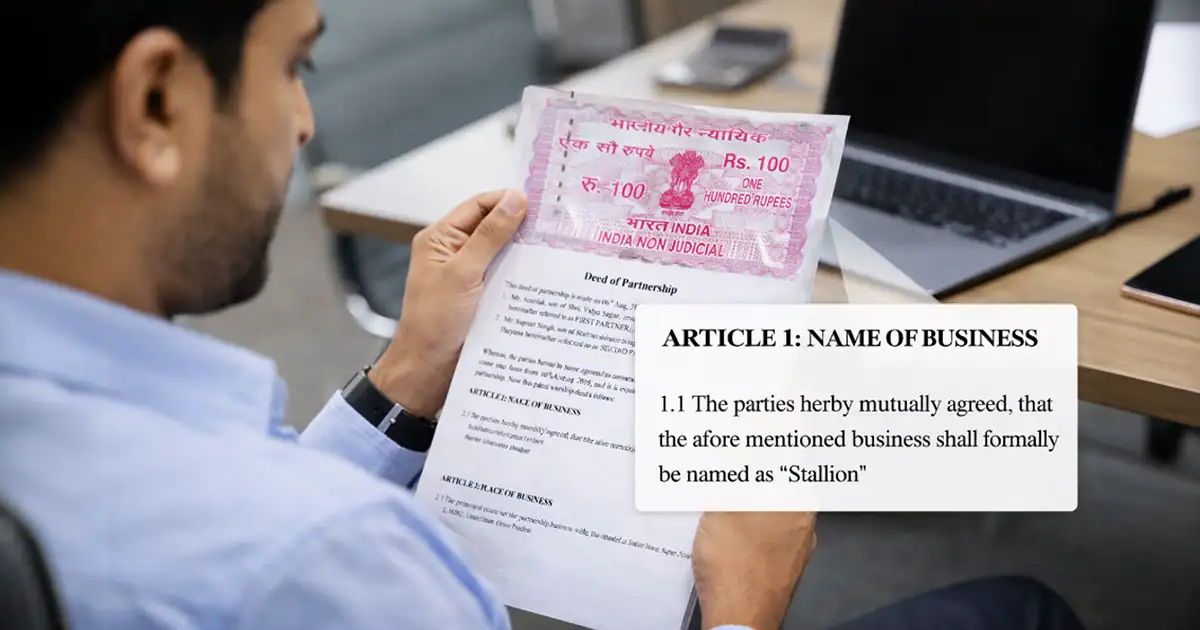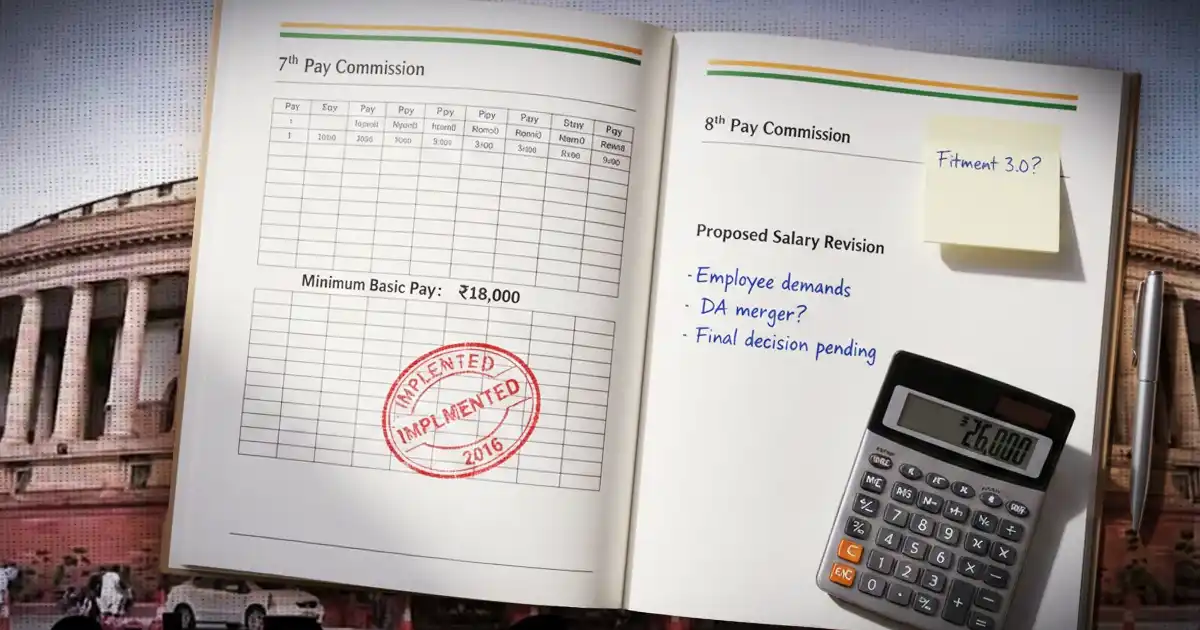RNI Registration is the mandatory legal process required for anyone looking to publish a newspaper or periodical in India. This crucial registration is now managed by the Press Registrar General of India (PRGI), which succeeded the old Registrar of Newspapers for India (RNI). All procedures operate under the Press and Registration of Periodicals Act, 2023 (PRP Act, 2023), which officially replaced the outdated 1867 Act on March 1, 2024.
The core goals of RNI registration are to:
- Verify Title Uniqueness: Protects your brand by ensuring no other publication has the same name.
- Organize Print Media: Helps maintain a national database of all periodicals.
- Ensure Legal Accountability: Holds publishers legally responsible.
- Grant Access to Benefits: Qualifies your publication for postal discounts and government ads.
Types of RNI Registration in India
To publish print media in India, you need RNI registration, which has two main types:
- Title Registration (Level 1): This is the first step, where you get your proposed publication's title approved by RNI to ensure it's unique. You'll receive a Title Verification Letter.
- Publication Registration (Level 2): After title approval, you formally register your publication. This involves filing declarations, publishing your first issue within a timeframe, and submitting documents to RNI. Once approved, you receive the final RNI Registration Certificate, authorizing your publication.
Purpose of RNI Registration
The Purpose of RNI Registration is to regulate and provide legitimacy to print media in India.
- Legal Compliance: Ensures all newspapers and magazines adhere to the Press and Registration of Periodicals Act, 2023.
- Unique Titles: It prevents title duplication by verifying that every publication's name is unique.
- Official Recognition: Provides official government recognition, crucial for credibility.
- Access to Benefits: Enables eligibility for postal concessions and government advertisements.
- Industry Monitoring: Helps RNI maintain a database for monitoring the print media sector.
Ultimately, RNI registration is essential for lawful and recognized publishing in India.
Legal Framework
The Legal Framework of RNI Registration is built upon the Press and Registration of Periodicals Act, 2023.
- Governing Law: The Press and Registration of Periodicals Act, 2023 (PRP Act, 2023), effective March 1, 2024, replaces the old 1867 Act. It is now the sole governing law establishing the authority of the Press Registrar General of India (PRGI) and regulating the registration of periodicals.
- Registration Mandate: The PRP Act, 2023, mandates the online registration process for all newspapers and periodicals.
- Title Selection: The PRP Act, 2023, ensures unique titles for publications via the PRGI.
- Certification Process: The PRP Act, 2023, specifies the criteria and online procedure for obtaining the official registration certificate.
This framework ensures the regulated and legitimate operation of print media in India.










